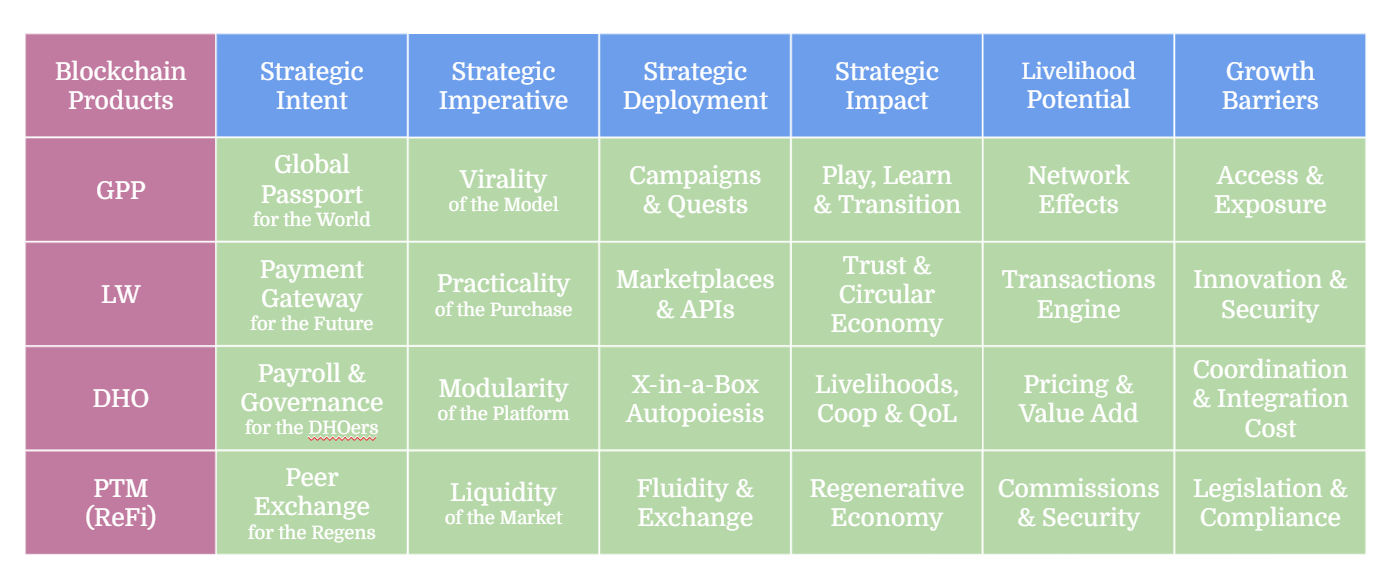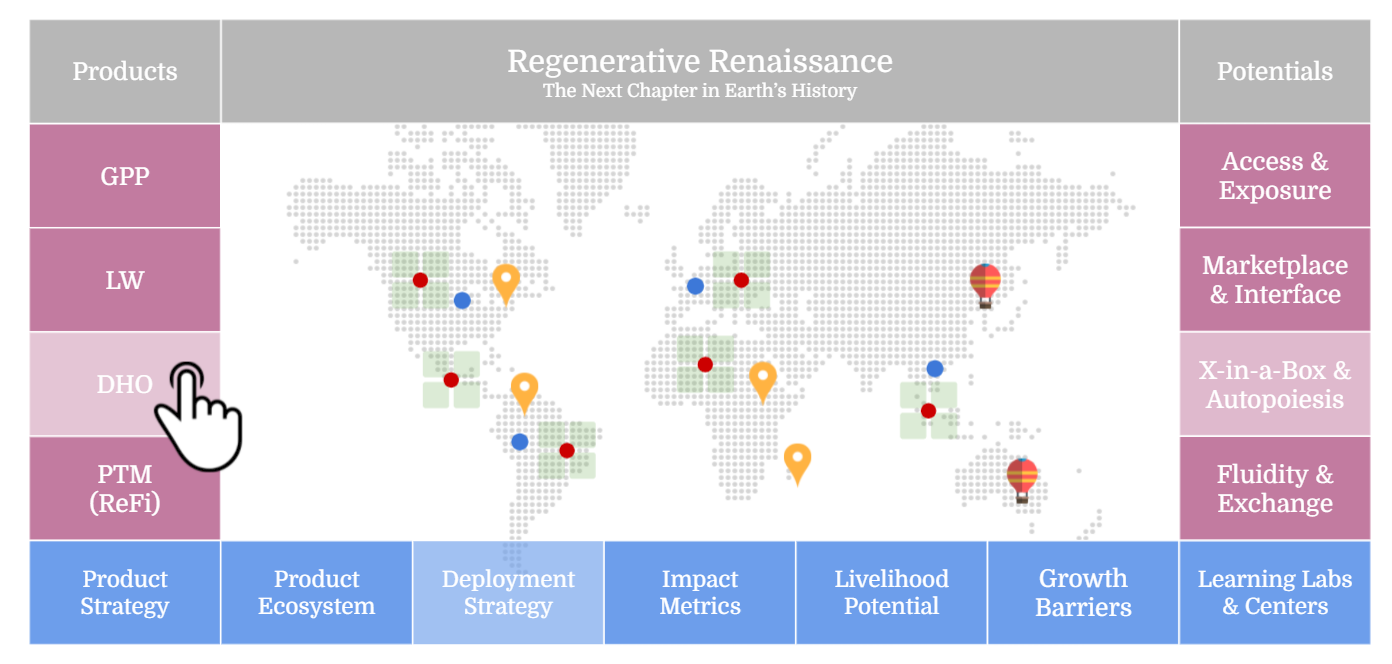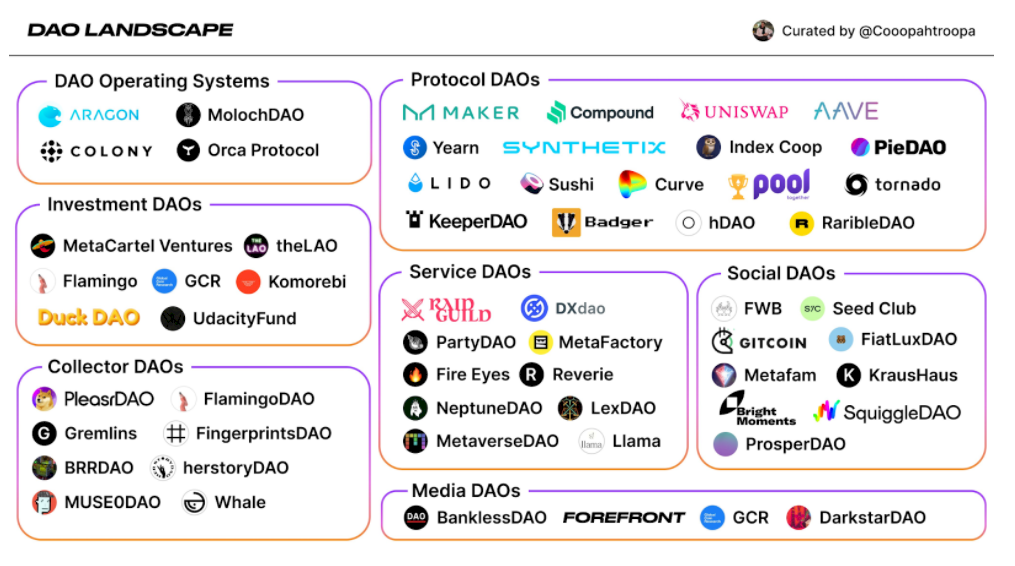Hypha Reorganization Program
Metamorphosis by Philip Glass depicting and sonifying the changes Hypha is going through..
Purpose
- Re-sensing stage
- Re-structuring stage
- Re-prioritization stage
- Re-building stage
Approach
The idea to reorganize Hypha to reduce complexity, strengthen cohesion and provide a true north for everyone to move towards a more effective organization that is not pulled into many directions and is able to focus on product development, knowing where it is going. This can be done through a process of decontextualization (strip out any custom elements) and recontextualization (apply customizations in context).
- Value Transfer: Producer > Consumer > Producer > Consumer < Decomposers (Trophic Chains)
- Value Creation: info ecology, autopoietic platforms, regen finance models
- Value Exchange: revenue generation, pricing strategy, economic growth
Re-sensing
To frame the conversation, we start with a set of leading questions to help everyone focus on the important parts of the program. These questions are best discussed in a real-time session with key stakeholders of the organization, and each stage can have one or more sessions before moving on to the next stage.
Leading questions
- Where is our energy? our motivation to drive change? make an impact?
- Where is our boundary? our capacity limit? our level of execution?
- Where is our next destination? our expertise to go there? our next local maximum?
- What are our engines? our core products? our drivers?
- What is our relationship to Seeds - the currency, the movement?
- What is it that only we can do and few others can?
Re-structure
Delineate current elements
- Product development vs product adoption
- Product configuration vs product customization
- Product placement (global) vs product delivery (local)
- Product promotion (brand) vs product deployment (reseller)
- Human Relations && Human Heartbeat
- Communications && Design
- Finance && Accounting
- Legal & Compliance (advisory)
Exploring structural change
- Externalize product adoption && develop adoption strategy (adoption & growth model)
- Externalize product customization && develop customization strategy (support & agency model)
- Externalize product delivery && develop delivery strategy (meiosis model)
- Externalize product deployment && develop deployment strategy (impact model)
- Separate core product work from contractual work
Re-prioritize
After we have clarified which structural elements are critical for Hypha, and which element we can potentially externalize, we can move towards a strategy development program.
Sensing into boundaries
- Difference between DHO and DCO
- Difference between LW and GPP
- Difference between PTM and SWAPS
- Difference between DHO and DCO
Core (genesis apps)
- LW (transact && transfer)
- ID/PP (identity && access)
- DHO (coordinate && reward)
- PTM & SWAP (trade && exchange)
Extensions (first wave)
- DHO Seeds Adoption Hubs > bioregions, academies, think tanks
- DHO Organization Hubs > organization starter kits
- DHO Global & Bioregional Village Hubs > village platforms
- DHO Marketplace Hubs > marketplace tech kits
Assumptions
- Hypha is paying for core Hypha work only
- Hypha is funding first wave extensions
- Hypha is focusing on token-based revenue generation (pricing, staking, fees, etc.)
- Seeds is contracting Hypha for work (branding, consulting, developing, etc)
Re-build
This stage is concerned with the implementation and execution of the actual strategy and execution for the organization. It works towards concrete steps to get the work done outlined in previous stages.
Primary strategic elements
- Participation in Strategy Roundtable
- Boundaries for core apps and extensions
- Revenue models for core apps (Livelihood Potential)
Secondary strategic elements
- Branding & communication strategy
- Banking and incorporation (Vast Bank & Wyoming DAO)
- Hypha Archetypes (adjusted for new structure)
- Legacy frame: Development - Research - HR - Sales - Marketing
- Hypha product metrics (focused on revenue)
Hypha Strategy Map
Hypha Strategy Activation
Background
DAO Landscape
PrimeDAO Case
- https://primedao.eth.link/ (current site)
- https://primedao.webflow.io/ (future site)
- https://medium.com/primedao/its-time-for-dao-to-dao-coordination-8791ec78545f (DAO-to-DAO coordination, the only DAO thinking about it afaik)
- https://app.pitch.com/app/public/player/05cff6fb-639c-4e24-8497-72e288fc60db (pitchdeck)



